2007 Ford Explorer Brake Rotors and Pads
Click here to search another vehicle
All Rotors:
OEM x
Coated x
Drilled, Slotted and Coated x
Front x
Rear x
All Pads:
Ceramic x
Semi-metallic x
Front x
Rear x
Found 15 record
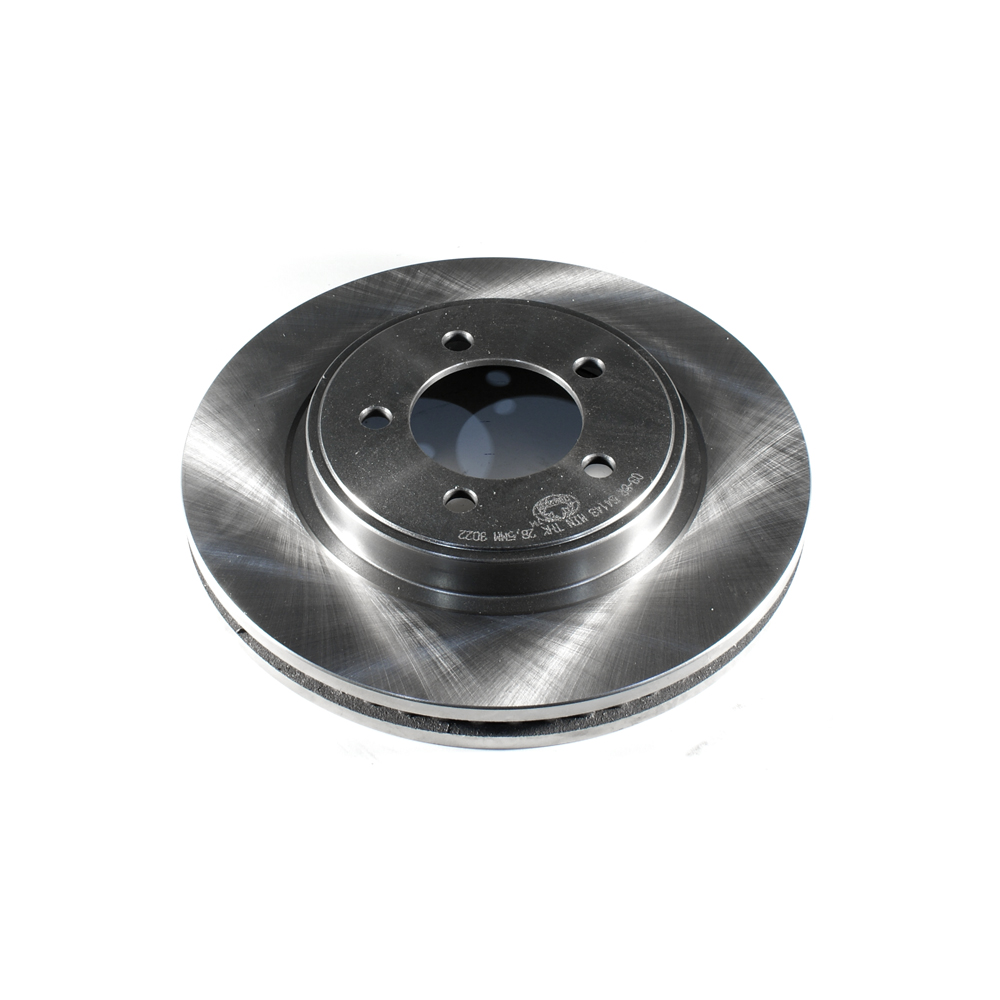
Part No: BR54143
Raybestos: 680416
OE: 6L2Z1125AA
Raybestos: 680416
OE: 6L2Z1125AA
$54.9 each
Per Car QTY: 2
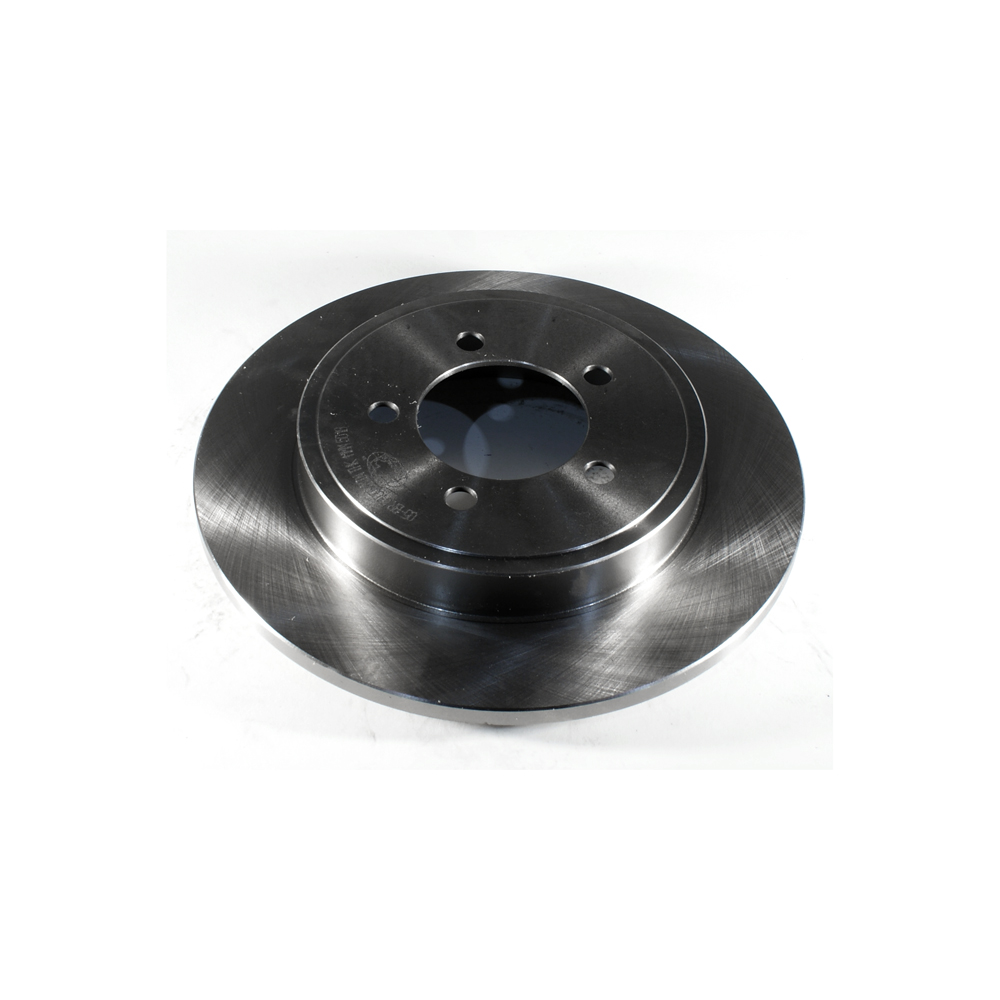
Part No: BR54098
Raybestos: 680026
OE: 5L2Z2C026A
Raybestos: 680026
OE: 5L2Z2C026A
$32.02 each
Per Car QTY: 2
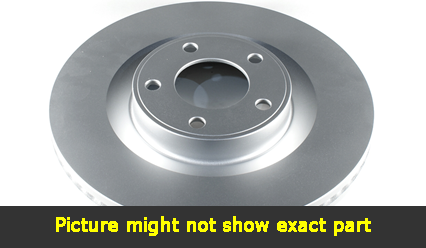
Part No: PP54143
Raybestos: 680416
OE: 6L2Z1125AA
Raybestos: 680416
OE: 6L2Z1125AA
$77.92 each
Per Car QTY: 2
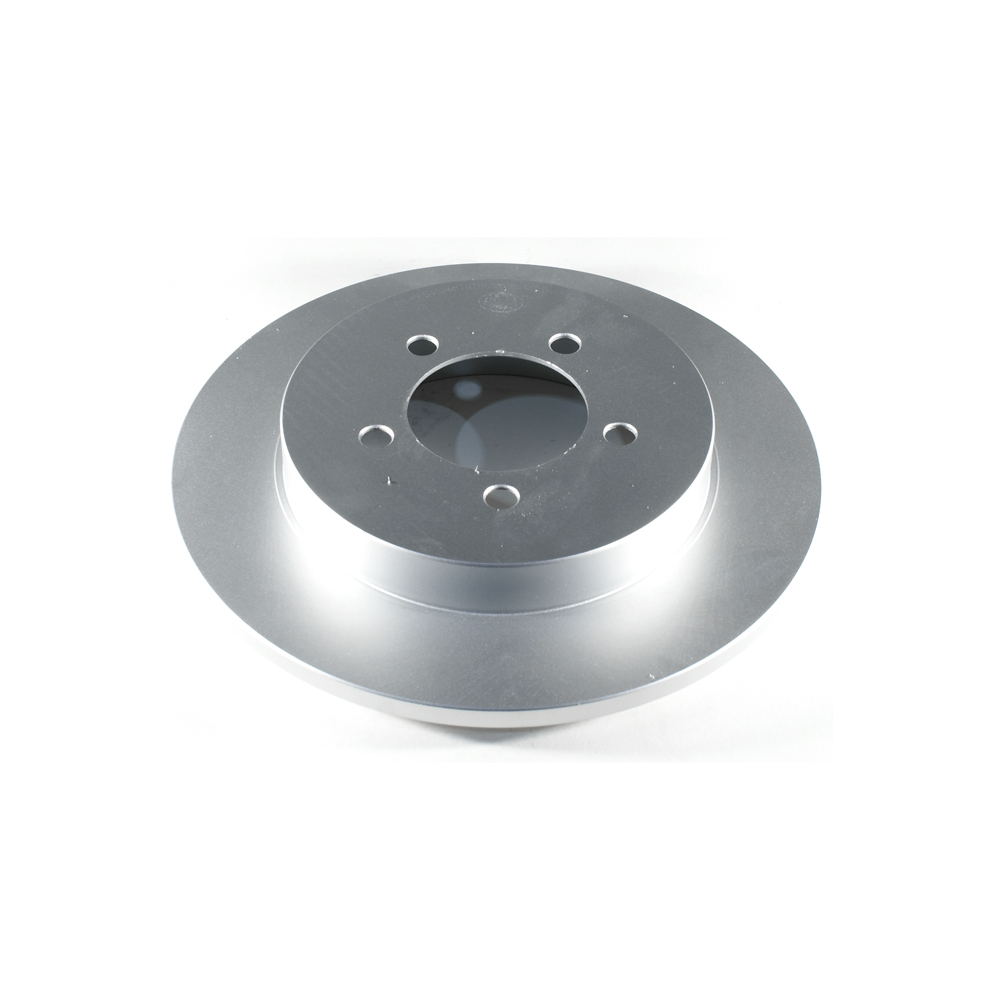
Part No: PP54098
Raybestos: 680026
OE: 5L2Z2C026A
Raybestos: 680026
OE: 5L2Z2C026A
$45.45 each
Per Car QTY: 2
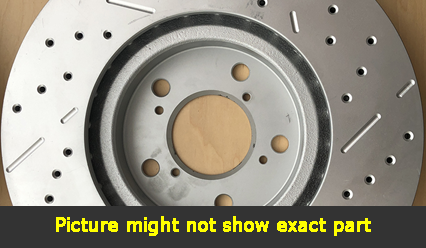
Part No: SP54143L
Raybestos: 680416
OE: 6L2Z1125AA
Raybestos: 680416
OE: 6L2Z1125AA
$114.37 each
Per Car QTY: 1
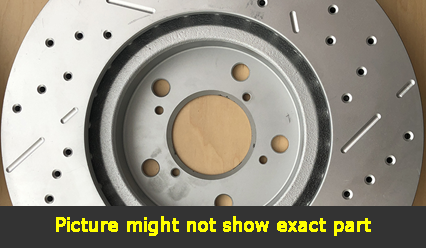
Part No: SP54143R
Raybestos: 680416
OE: 6L2Z1125AA
Raybestos: 680416
OE: 6L2Z1125AA
$114.37 each
Per Car QTY: 1
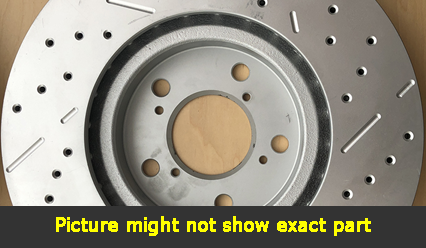
Part No: SP54098L
Raybestos: 680026
OE: 5L2Z2C026A
Raybestos: 680026
OE: 5L2Z2C026A
$77.85 each
Per Car QTY: 1
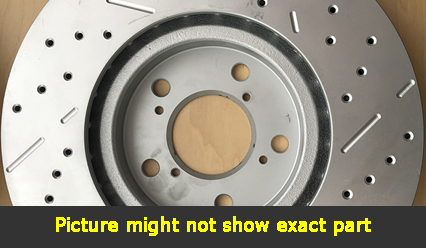
Part No: SP54098R
Raybestos: 680026
OE: 5L2Z2C026A
Raybestos: 680026
OE: 5L2Z2C026A
$77.85 each
Per Car QTY: 1
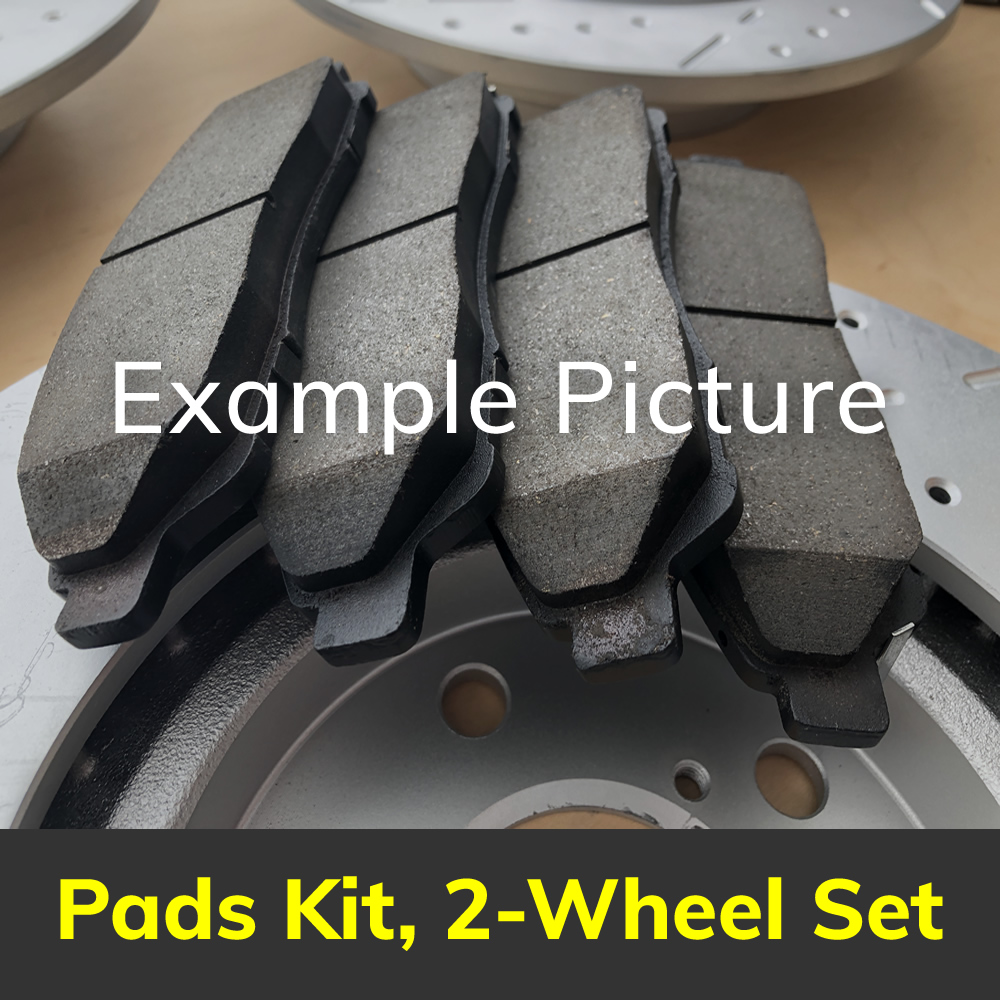
Part No: PD1158C
Raybestos: 1158
OE:
Raybestos: 1158
OE:
$35.64 each
Per Car QTY: 1
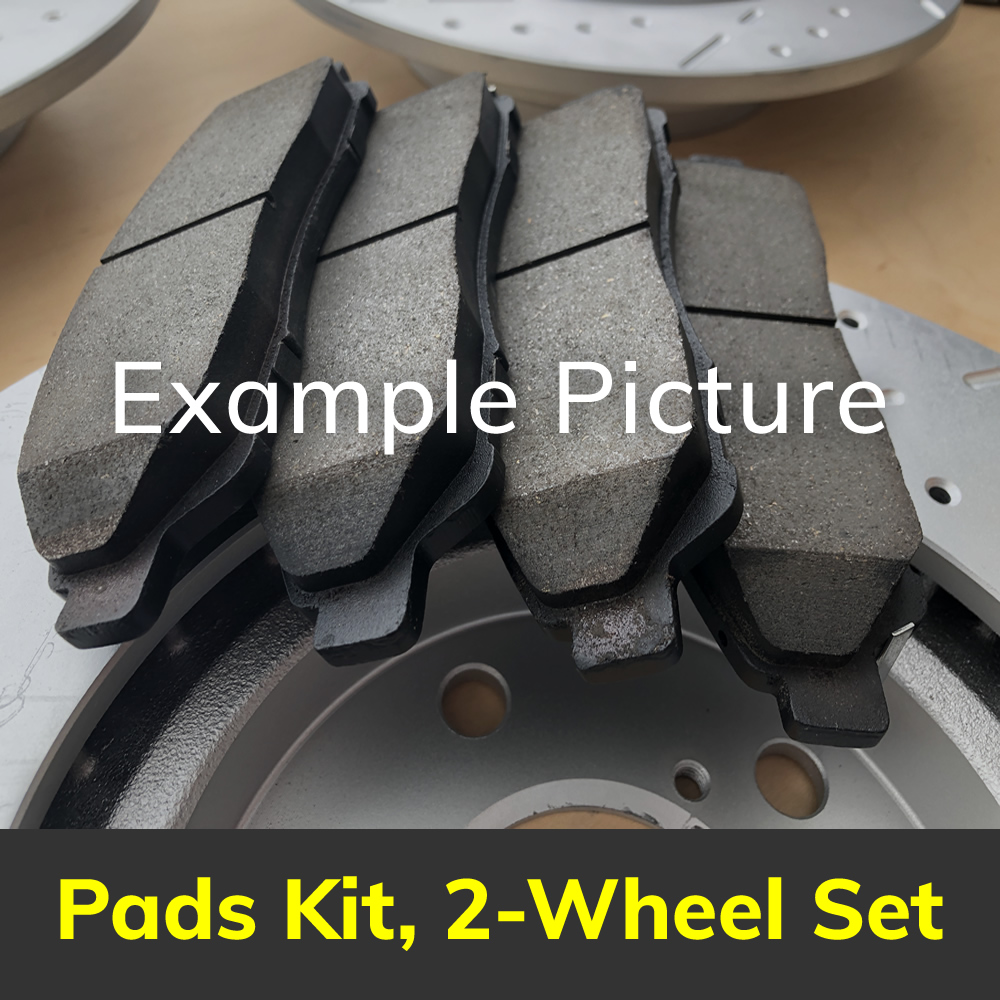
Part No: PD1109C
Raybestos: 1109
OE:
Raybestos: 1109
OE:
$38.9 each
Per Car QTY: 1
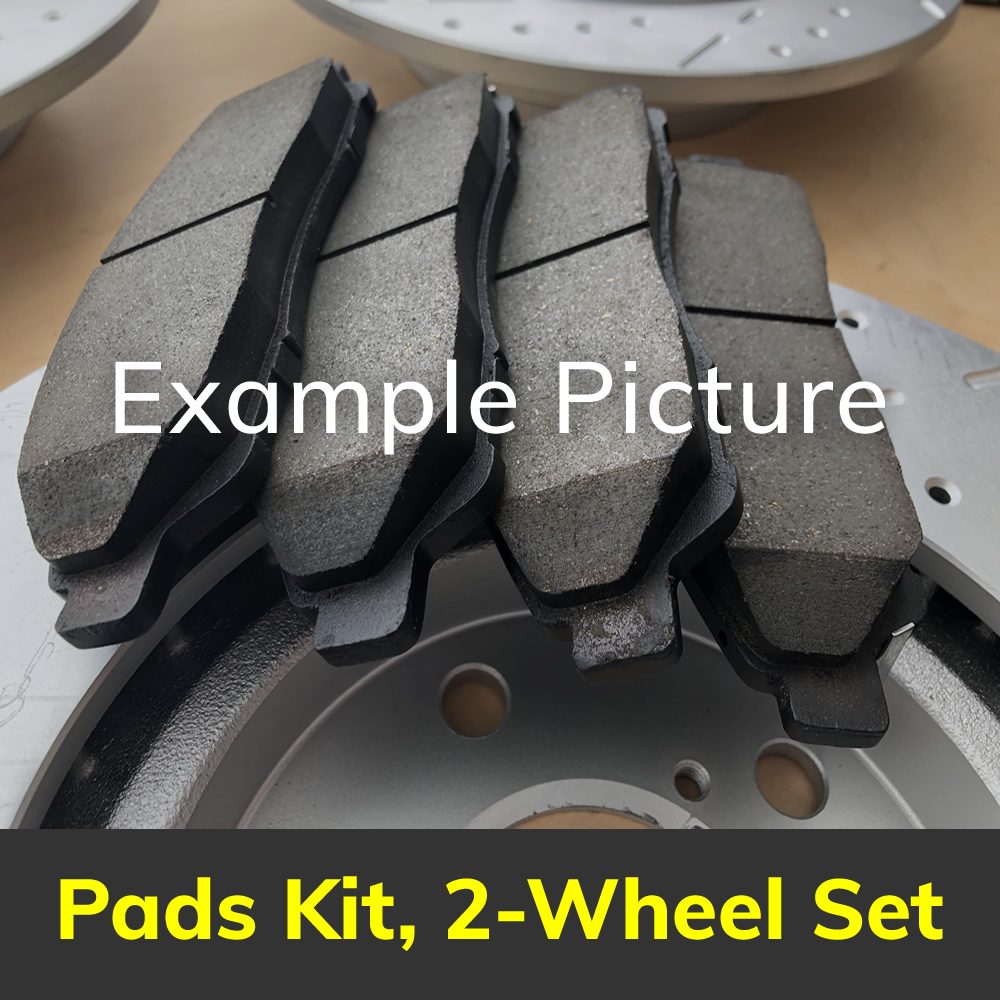
Part No: PD881C
Raybestos: 881
OE:
Raybestos: 881
OE:
$40.9 each
Per Car QTY: 1
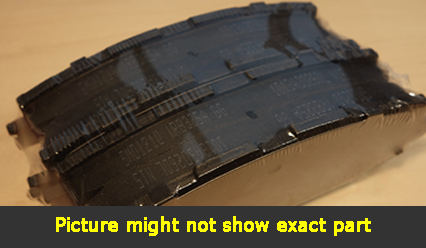
Part No: SMD1158
Raybestos:
OE:
Raybestos:
OE:
$28.19 each
Per Car QTY: 1
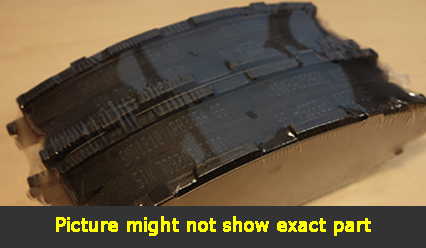
Part No: SMD881
Raybestos:
OE:
Raybestos:
OE:
$22.54 each
Per Car QTY: 1
When it comes to your safety on the road, one of the most crucial components of your vehicle is the braking system. If you own a 2007 Ford Explorer, it's essential to choose the right brakes to maintain optimal performance, control, and stopping power. Here's a useful article to guide you through the process of selecting brakes for your Ford Explorer:
1. Understand your braking system:
The 2007 Ford Explorer can either have a standard braking system or an upgraded one with an anti-lock braking system (ABS). It's important to identify which type of braking system your vehicle has before purchasing new brakes. ABS brakes require specific components to ensure compatibility and functionality.
2. Determine your driving needs and habits:
Consider your daily driving conditions and requirements. Are you primarily driving in city traffic or on highways? Do you often tow heavy loads or traverse rough terrains? Understanding your driving needs will help you determine the type of brakes that can handle your usage demands.
3. Choose between OEM and aftermarket brakes:
Original Equipment Manufacturer (OEM) brakes are designed by the manufacturer specifically for your Ford Explorer. They ensure compatibility and are a reliable option. However, OEM brakes can be more expensive. Aftermarket brakes, on the other hand, are produced by third-party manufacturers and can offer various options in terms of performance, price, and quality. Evaluate your budget and preferences before making a decision.
4. Consider the braking materials:
Brake pads can be made of different materials, which influence performance, noise levels, durability, and even brake dust. There are three primary types of brake pad materials:
a) Organic brake pads: These use organic materials like rubber, carbon, and glass. They offer quiet braking with low levels of brake dust but might wear out faster than other types under heavy use.
b) Semi-metallic brake pads: Made from a mix of metal fibers, graphite, and friction-modifying materials, they offer improved stopping power, durability, and heat dissipation. However, they can be noisier and produce more brake dust than organic pads.
c) Ceramic brake pads: These pads are a premium option and consist of ceramic materials combined with copper fibers. They offer excellent braking performance, reduced noise, and less brake dust. They are also gentler on rotors, resulting in increased lifespan.
5. Consider the rotors:
When changing the brake pads, it's generally recommended to replace or resurface the rotors as well for optimal performance. Brake rotors are available in different materials, including standard cast iron, slotted, drilled, or a combination of both. Slotted rotors provide enhanced performance, especially in wet conditions, by improving heat dissipation and allowing water to escape. Drilled rotors offer even better heat dissipation, reducing the risk of brake fade, but can be prone to cracking over time.
6. Read reviews and consult professionals:
Before finalizing your brake choice, read reviews from other Ford Explorer owners. Their experiences can provide valuable insights into specific brands and models. Additionally, consult with experienced professionals at your local automotive repair shop or dealership. They can offer expert advice based on your vehicle's needs and driving habits.
Remember, choosing the right brakes for your 2007 Ford Explorer is a crucial decision that affects your safety and performance on the road. Therefore, take the time to research, evaluate your options, and consult professionals before making a final decision.
1. Understand your braking system:
The 2007 Ford Explorer can either have a standard braking system or an upgraded one with an anti-lock braking system (ABS). It's important to identify which type of braking system your vehicle has before purchasing new brakes. ABS brakes require specific components to ensure compatibility and functionality.
2. Determine your driving needs and habits:
Consider your daily driving conditions and requirements. Are you primarily driving in city traffic or on highways? Do you often tow heavy loads or traverse rough terrains? Understanding your driving needs will help you determine the type of brakes that can handle your usage demands.
3. Choose between OEM and aftermarket brakes:
Original Equipment Manufacturer (OEM) brakes are designed by the manufacturer specifically for your Ford Explorer. They ensure compatibility and are a reliable option. However, OEM brakes can be more expensive. Aftermarket brakes, on the other hand, are produced by third-party manufacturers and can offer various options in terms of performance, price, and quality. Evaluate your budget and preferences before making a decision.
4. Consider the braking materials:
Brake pads can be made of different materials, which influence performance, noise levels, durability, and even brake dust. There are three primary types of brake pad materials:
a) Organic brake pads: These use organic materials like rubber, carbon, and glass. They offer quiet braking with low levels of brake dust but might wear out faster than other types under heavy use.
b) Semi-metallic brake pads: Made from a mix of metal fibers, graphite, and friction-modifying materials, they offer improved stopping power, durability, and heat dissipation. However, they can be noisier and produce more brake dust than organic pads.
c) Ceramic brake pads: These pads are a premium option and consist of ceramic materials combined with copper fibers. They offer excellent braking performance, reduced noise, and less brake dust. They are also gentler on rotors, resulting in increased lifespan.
5. Consider the rotors:
When changing the brake pads, it's generally recommended to replace or resurface the rotors as well for optimal performance. Brake rotors are available in different materials, including standard cast iron, slotted, drilled, or a combination of both. Slotted rotors provide enhanced performance, especially in wet conditions, by improving heat dissipation and allowing water to escape. Drilled rotors offer even better heat dissipation, reducing the risk of brake fade, but can be prone to cracking over time.
6. Read reviews and consult professionals:
Before finalizing your brake choice, read reviews from other Ford Explorer owners. Their experiences can provide valuable insights into specific brands and models. Additionally, consult with experienced professionals at your local automotive repair shop or dealership. They can offer expert advice based on your vehicle's needs and driving habits.
Remember, choosing the right brakes for your 2007 Ford Explorer is a crucial decision that affects your safety and performance on the road. Therefore, take the time to research, evaluate your options, and consult professionals before making a final decision.




